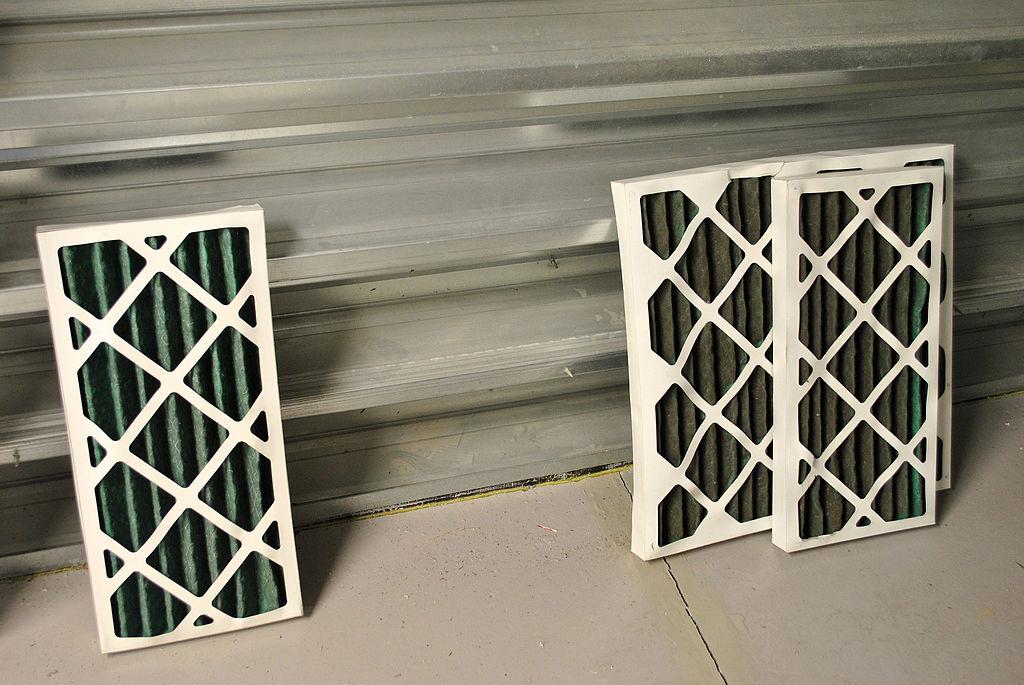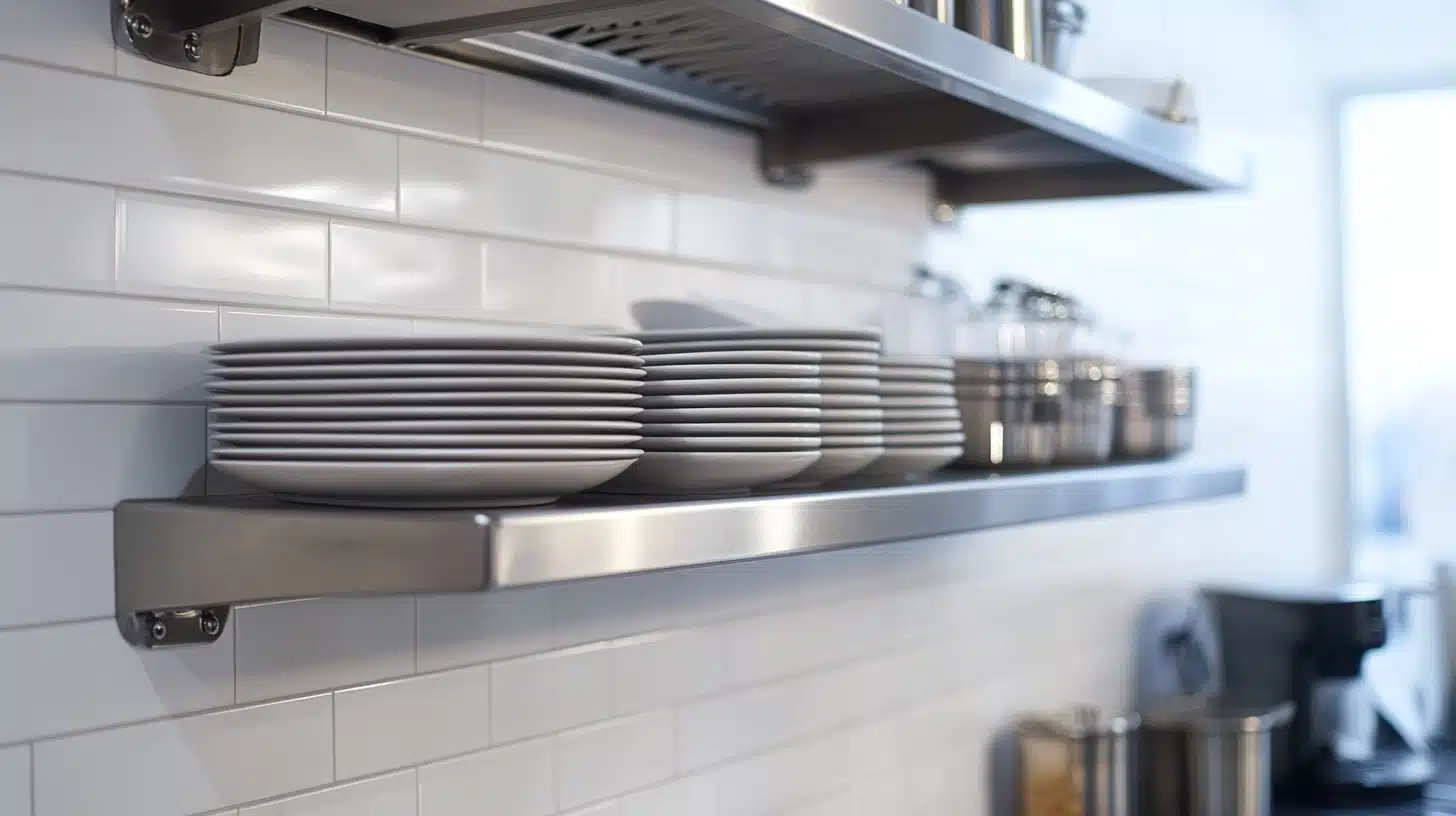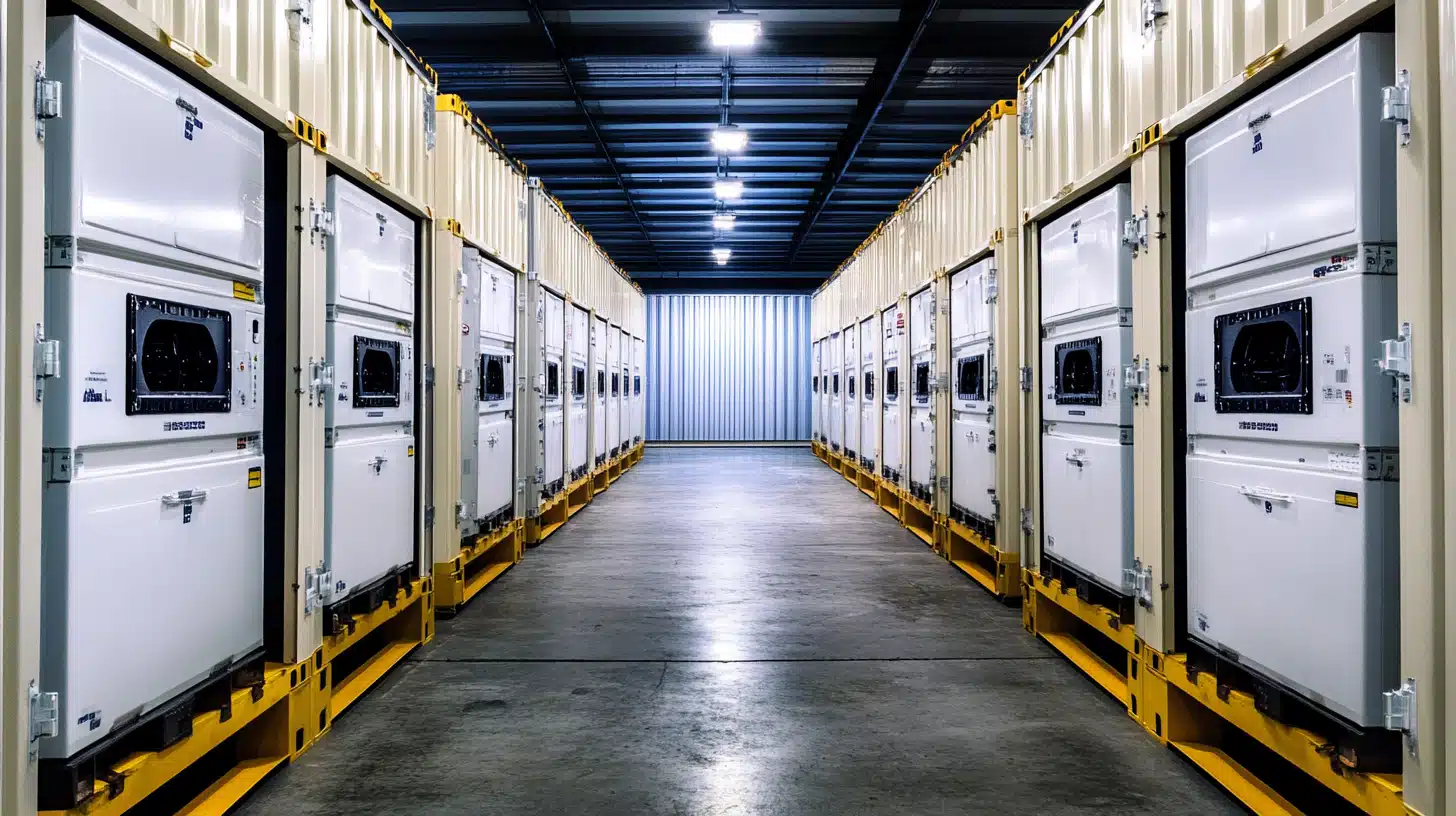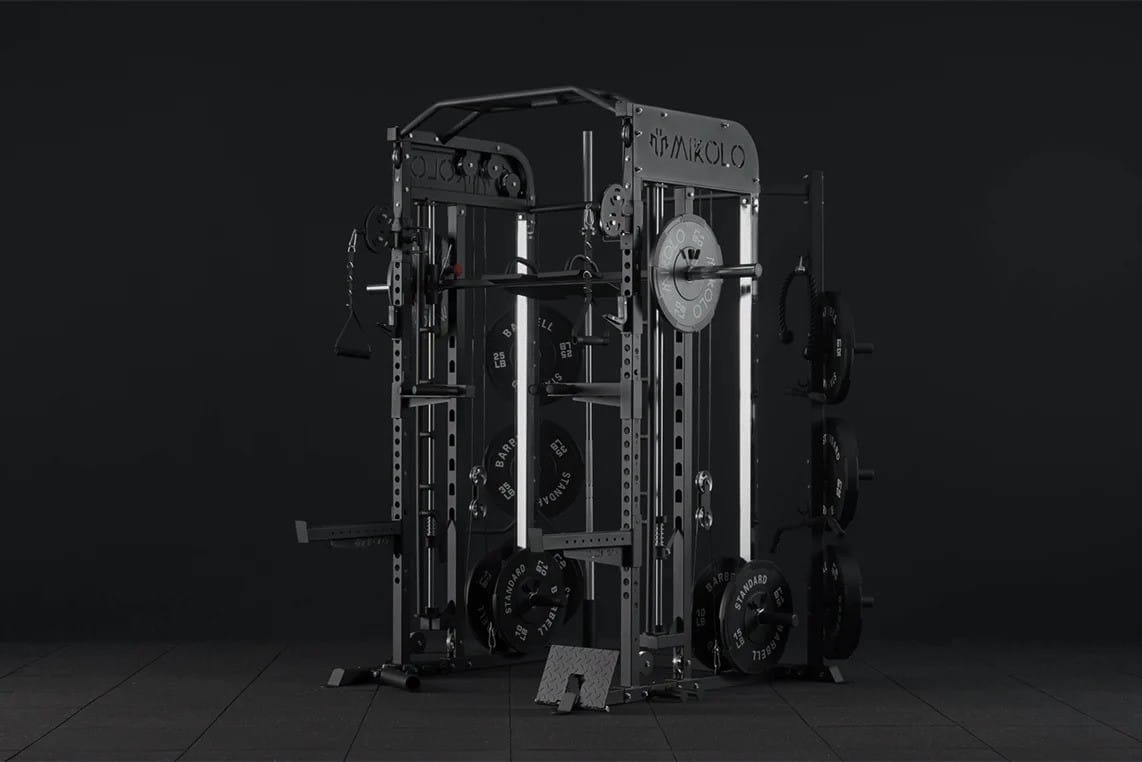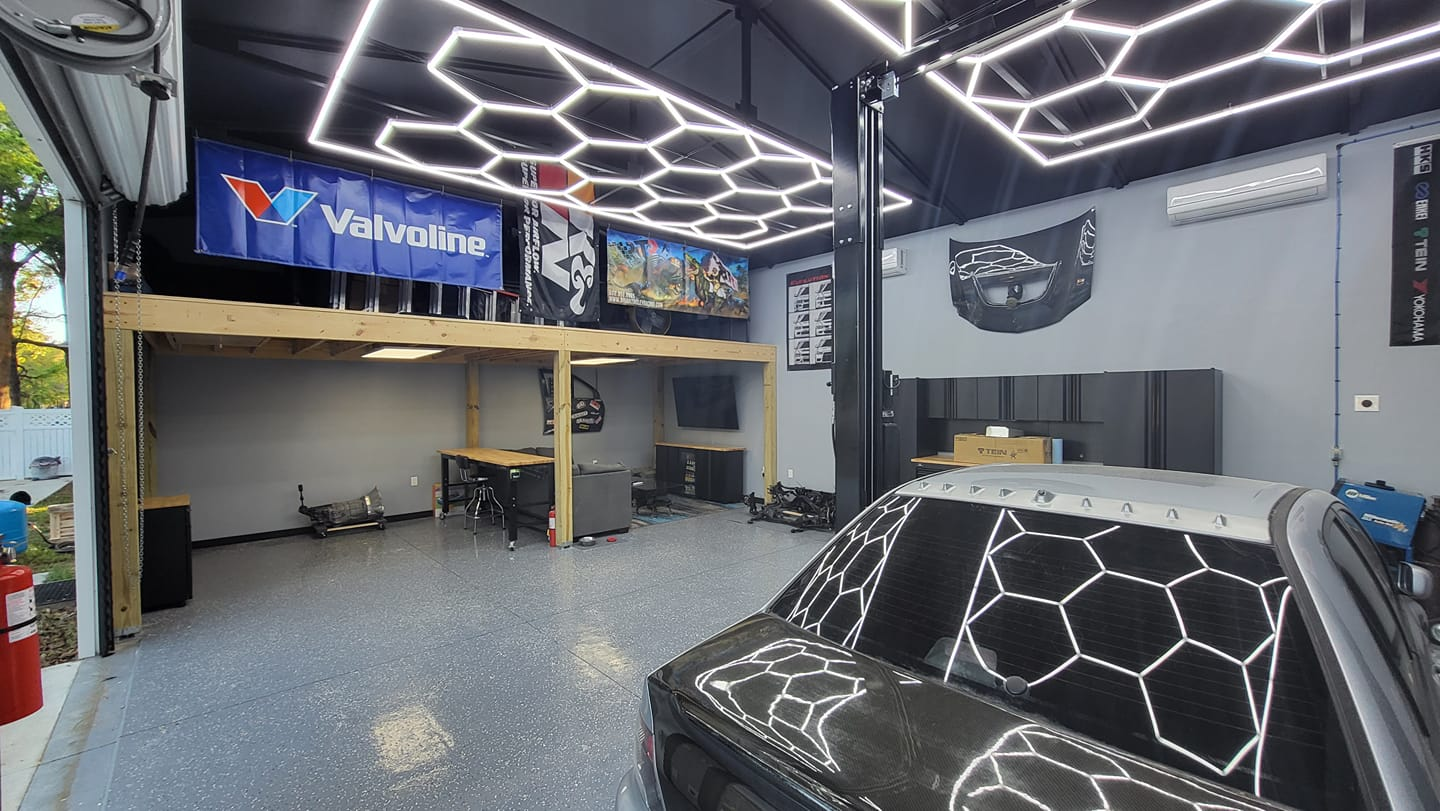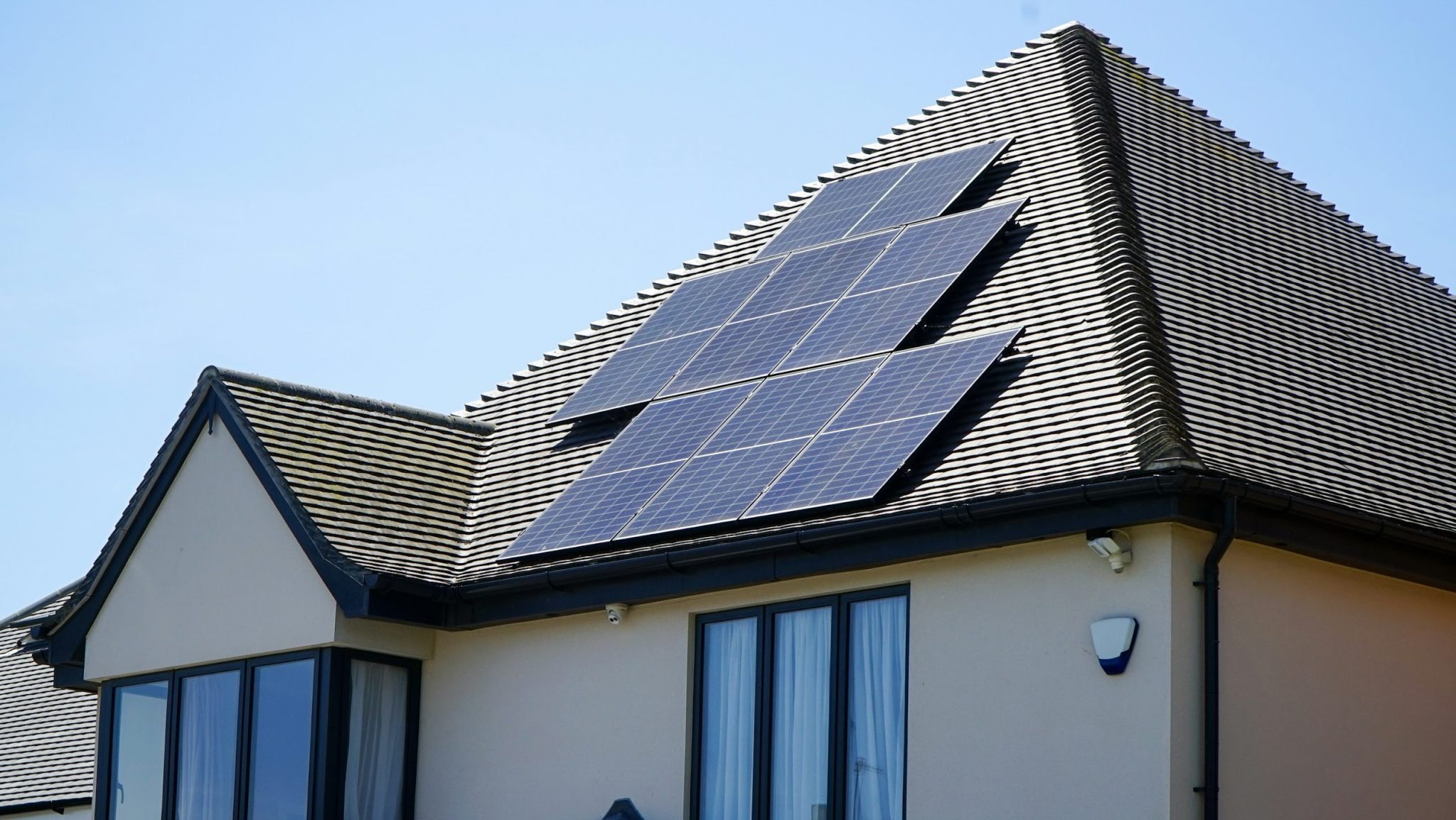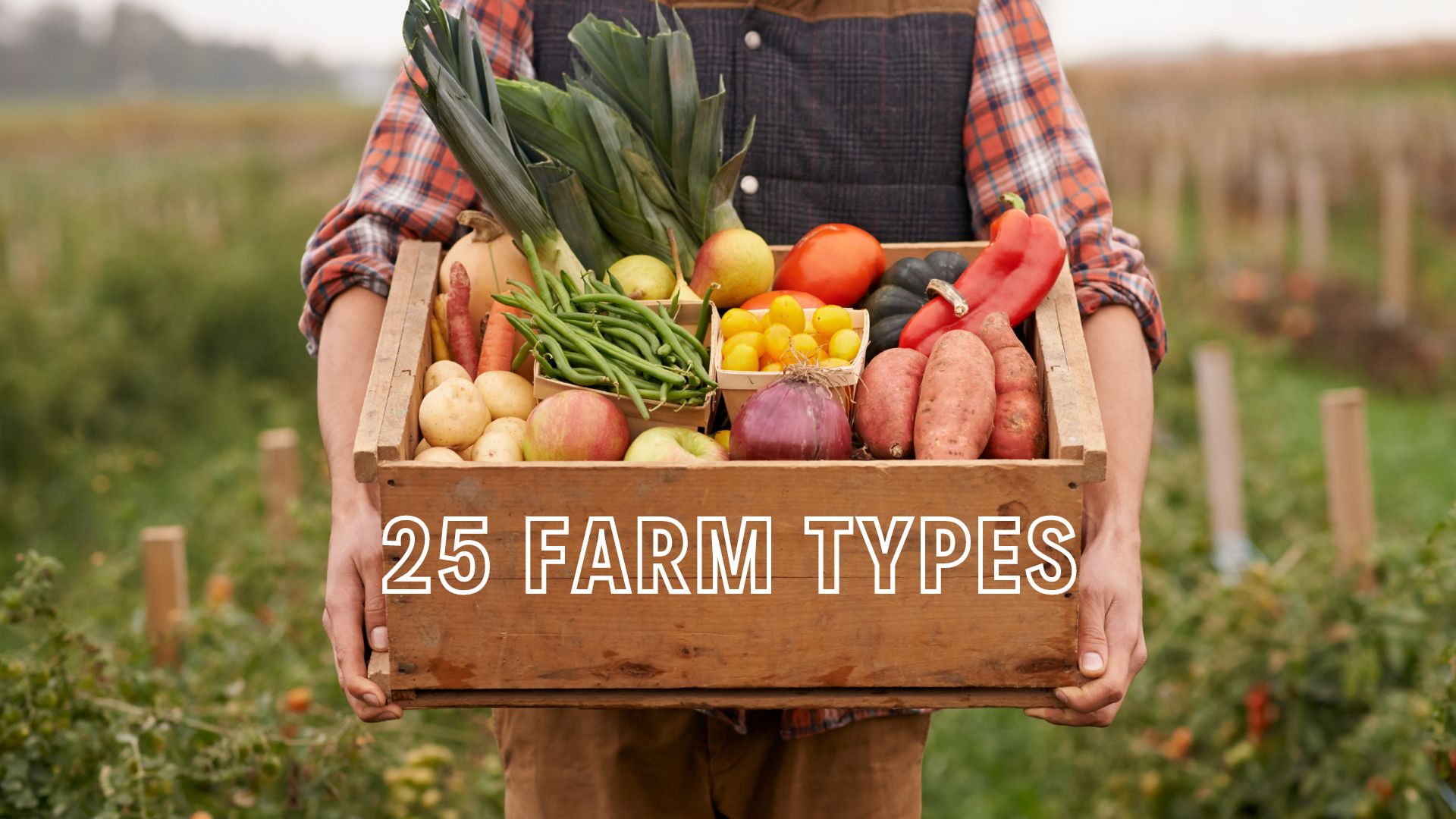
In an era of climate change and rising living costs, many families are seeking ways to reduce their environmental impact while becoming more self-sufficient. Two increasingly popular methods for achieving these goals are raising backyard chickens and installing solar panels.
These sustainable practices not only help families reduce their carbon footprint but also provide numerous benefits, from fresh eggs to lower energy bills. Let’s explore how modern families can embrace these eco-friendly lifestyle choices and contribute to a greener future.
The Benefits of Backyard Chickens
Raising chickens in your backyard has become a growing trend among urban and suburban families. This practice offers numerous advantages, from providing a sustainable food source to teaching children about responsibility and animal care.
Fresh Eggs and More
One of the primary reasons families choose to raise backyard chickens is the steady supply of fresh, organic eggs. Home-raised eggs are often more nutritious and flavorful than store-bought alternatives, as chickens with access to a varied diet and natural foraging produce eggs with higher levels of vitamins and omega-3 fatty acids.
Beyond eggs, chickens can also provide meat for families who raise them for that purpose. Additionally, chicken manure, when composted, is an excellent fertilizer for gardens, creating a closed-loop system that benefits your chickens and plants.
Pest Control and Waste Reduction
Chickens are natural foragers and will happily eat insects, grubs, and other pests in your yard. This can help reduce the need for chemical pesticides in your garden. Additionally, chickens can consume many kitchen scraps, reducing the amount of food waste your family sends to landfills.
Getting Started with Backyard Chickens
Before diving into chicken-raising, it’s essential to research local regulations and zoning laws, as some areas have restrictions on keeping backyard poultry. Once you’ve confirmed it’s allowed, consider the following steps:
- Choose the right breed for your climate and needs
- Build or purchase a suitable coop and run
- Gather necessary supplies (feed, water containers, nesting boxes)
- Start with a small flock (3–5 chickens) to learn the basics
Harnessing Solar Energy for Your Home

While raising chickens can help reduce your family’s food-related carbon footprint, installing efficient solar panels can significantly decrease your reliance on fossil fuels for energy. Solar power is a clean, renewable energy source that can lower your electricity bills and increase your home’s value.
The Benefits of Solar Energy
- Reduced electricity costs
- Lower carbon footprint
- Energy independence
- Increased home value
- Potential tax incentives and rebates
How Solar Panels Work
Solar panels convert sunlight into electricity through a process called the photovoltaic effect. When sunlight hits the panels, it excites electrons in the silicon cells, creating an electric field. This direct current (DC) electricity is converted to alternating current (AC) by an inverter, making it usable for your home’s electrical system.
Sizing Your Solar System
The size of your solar system depends on various factors, including:
- Your home’s energy consumption
- Available roof space or ground area
- Local climate and sun exposure
- Budget and financial goals
A professional solar installer can help you determine the optimal system size for your needs and provide a cost estimate.
Installation and Maintenance
While installing solar panels as a DIY project is possible, most homeowners opt for professional installation to ensure safety and optimal performance. Once installed, solar panels require minimal maintenance, typically limited to occasional cleaning and system checks.
Integrating Chickens and Solar: A Sustainable Synergy
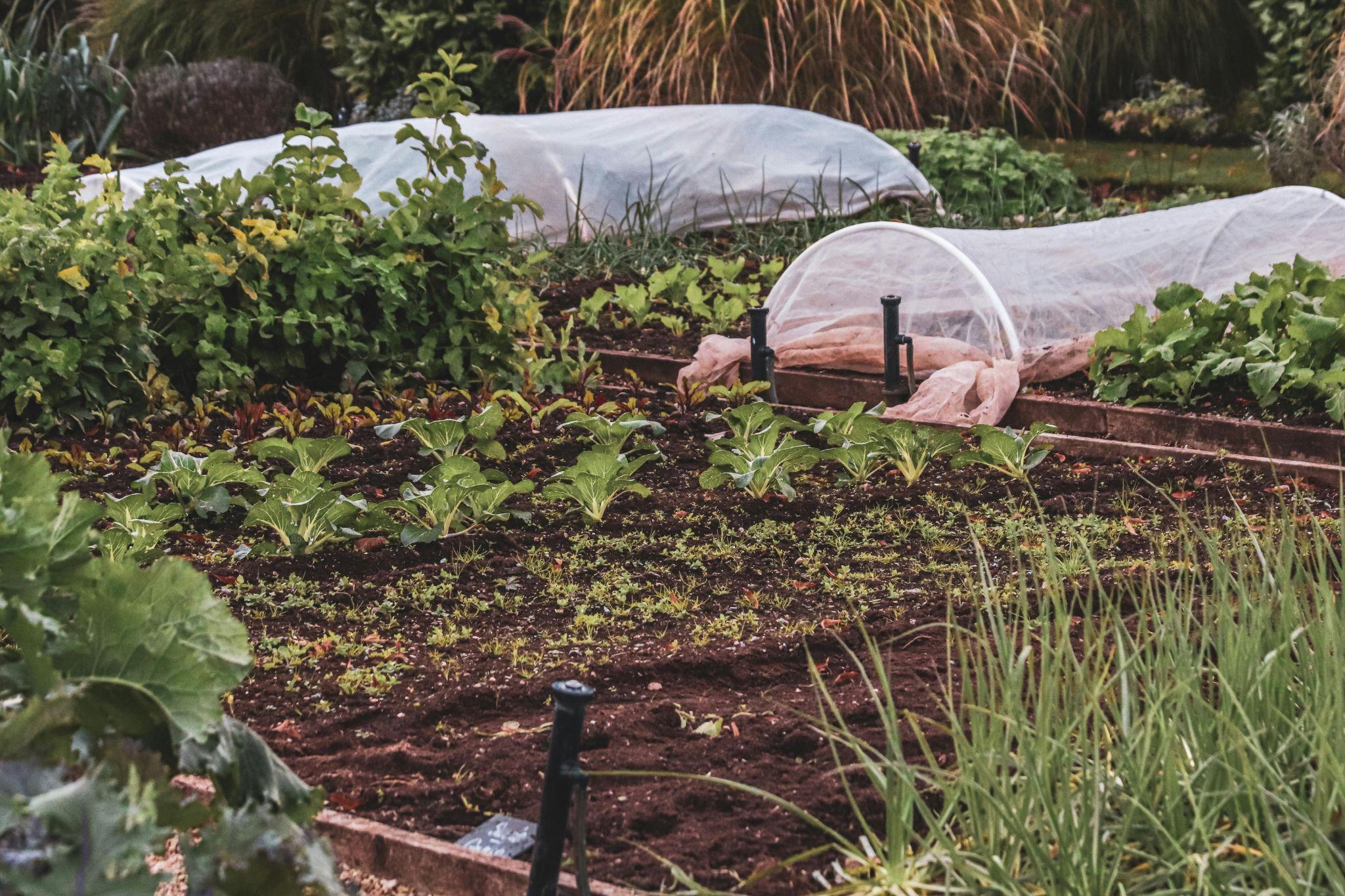
Combining backyard chicken-raising with solar energy can create a powerful synergy for sustainable living. Here are some ways these two practices can complement each other:
Powering the Coop
Solar panels can provide electricity for your chicken coop, powering lights, automatic doors, and even heating elements for cold climates. This ensures your chickens are comfortable and secure without increasing your energy bills.
Sustainable Water Systems
Use solar-powered pumps to circulate water for your chickens, maintaining fresh, clean water supplies without relying on grid electricity.
Composting and Fertilization
Chicken manure can be added to backyard compost to fertilize your garden, including ground-mounted solar panel areas. This natural fertilizer can help maintain healthy grass and prevent soil erosion around your solar installation.
|
Tip: Consider installing a small solar-powered fan in your chicken coop to improve ventilation during hot summer months and keep your flock comfortable and healthy. |
|---|
Maximizing Space
If you have limited yard space, consider integrating your chicken run with a ground-mounted solar array. The panels can provide shade for your chickens while simultaneously generating electricity for your home.
Overcoming Challenges and Misconceptions
While raising chickens and installing solar panels offer numerous benefits, there are some challenges and misconceptions to address:
Chicken-Related Concerns
- Noise: Contrary to popular belief, hens are generally quiet. Roosters can be noisy, but most urban areas only allow hens.
- Smell: A well-maintained coop should not produce offensive odors. Regular cleaning and proper waste management are key.
- Predators: Secure coops and runs can protect your flock from common predators.
Solar-Related Concerns
- Initial cost: While the upfront investment can be significant, solar panels often pay for themselves over time through energy savings.
- Aesthetics: Modern solar panels are sleeker and less obtrusive than older models, and some homeowners find them attractive.
- Maintenance: Solar panels require minimal maintenance and typically come with long warranties.
Growing a Healthier World for the Next Generation
Embracing sustainable living practices like raising backyard chickens and harnessing solar energy can significantly reduce your family’s environmental impact while providing numerous benefits. From fresh eggs and pest control to lower energy bills and increased self-sufficiency, these eco-friendly choices offer a path toward a greener, more sustainable future.
By combining these practices, modern families can create a harmonious backyard ecosystem that benefits their household and contributes to greener living in the era of climate change. As more families adopt these sustainable living methods, we move closer to a world where clean energy and local food production are the norm rather than the exception.
|
Action: Start your sustainable living journey today by researching local regulations for backyard chickens and contacting solar installers for quotes. Small steps can lead to significant positive changes for your family and the planet. |
|---|




